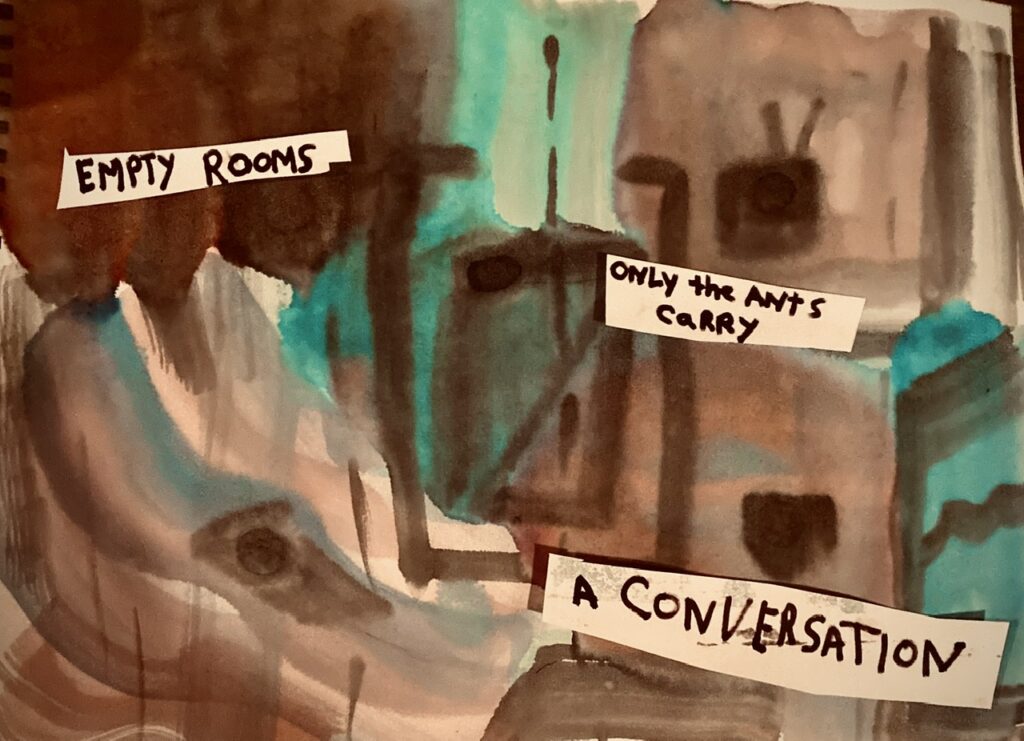
by Kyle Hemmings
Defining me/us in your language
Sometimes I feel the world is an unequal pie—that is to say life no balance.
As I am, what defines me is the wreckage of a ship, I am a young man
who’s known the algorithms of the guerilla of living—this is what defines me.
In a man’s language I’m a villain, in another man’s language I’m a hero.
In a man’s language I’m the synonym of sin, in another man’s language I’m holier than the Pope.
I try to learn tens of languages so I can speak to God with increased odds in my favour.
What do I make of this wreckage of a soul? I ask God in a dimly lit room.
Time passes so quickly I grapple to make meanings out of its hastiness
in a world in which you need a lot of it to fathom the labyrinth of life’s immobility.
At the end of this poem, a northern star gets dimmed,
its belly swollen, its legs weak, its face jagged—the sky becomes an IDP camp
from which it falls off into emptiness. At the end of this poem, I hope you see
the girls shepherded into grief, an angry rain of crimson beneath their skirts.
This is not where to write about love, this is a place of ruin.
I hope when they emerge with bloodshot eyes and clenched fists,
you don’t find words to define them in your language.
Agunbiade Kehinde is a Nigerian poet, essayist, and student journalist. His works have featured in Vagabond City Lit, Kalahari Review, The Rising Phoenix Review, The Pangolin Review, MusicInAfrica, amongst others. He studies Literature-in-English at Obafemi Awolowo University, Ile-Ifẹ. When he’s bored, he tweets @akehinde71 while listening to The Weeknd.
Kyle Hemmings has work in Crossroads, Sonic Boom, Otoliths, and elsewhere. He loves street photography and abstract art. He also likes 60s garage bands.